Program Overview
Peking University School of Transnational Law (STL) is the only law school in the world that combines an American-style Juris Doctor degree (J.D.) with a China law Juris Master degree (J.M.). STL provides an academically rigorous, bilingual four-year program of legal education that prepares students for the mixture of Common Law, civil law, and Chinese legal traditions increasingly characteristic of the global economy.
STL’s fundamental mission is to (i) educate top university graduates about different legal traditions and systems and thereby promote their ability to contend with the new policies and practices likely to emerge in a globalized economy; (ii) contribute to the creation of a Chinese legal profession equipped to serve China’s increasingly sophisticated domestic economy and to compete successfully on an international scale with dominant American and British law firms; and (iii) provide domestically in an affordable way the graduate-level legal education top Chinese students traditionally have only been able to obtain abroad at great expense.
Transnational Curriculum
STL’s four year J.D. and J.M. dual degree program is rich in cutting-edge courses designed to equip STL graduates of all nationalities for law practice and leadership in advanced economies based on technological innovation, global financial services, and internationalization. STL’s curriculum emphasizes lawyering skills and knowledge for the 21st century: (i) transnational law and practice, (ii) cross-cultural competence, (iii) the ability to contend with the complex legal and factual issues characteristic of advanced economies based on technological innovation and global financial services, and (iv) the professional responsibilities of lawyers in these contexts. J.D. courses are taught in English and China law J.M. courses are taught in Chinese.
Top Faculty
STL has assembled a distinguished multinational faculty of leading scholars and practitioners from China, the U.S., the E.U., and elsewhere. The faculty includes scholars of international trade law, food safety policy, public international law, investment treaty arbitration, intellectual property, securities regulation, comparative corporate governance, law and economic development, Chinese legal history and philosophy, Chinese environmental and administrative law, innovation in legal services, China civil law, and several other important fields. They bring a range of perspectives to their teaching and research as well as inspire students through exchanges in and outside of the classroom. As one of STL’s students recently exclaimed, “Studying at STL is like studying abroad in China!”
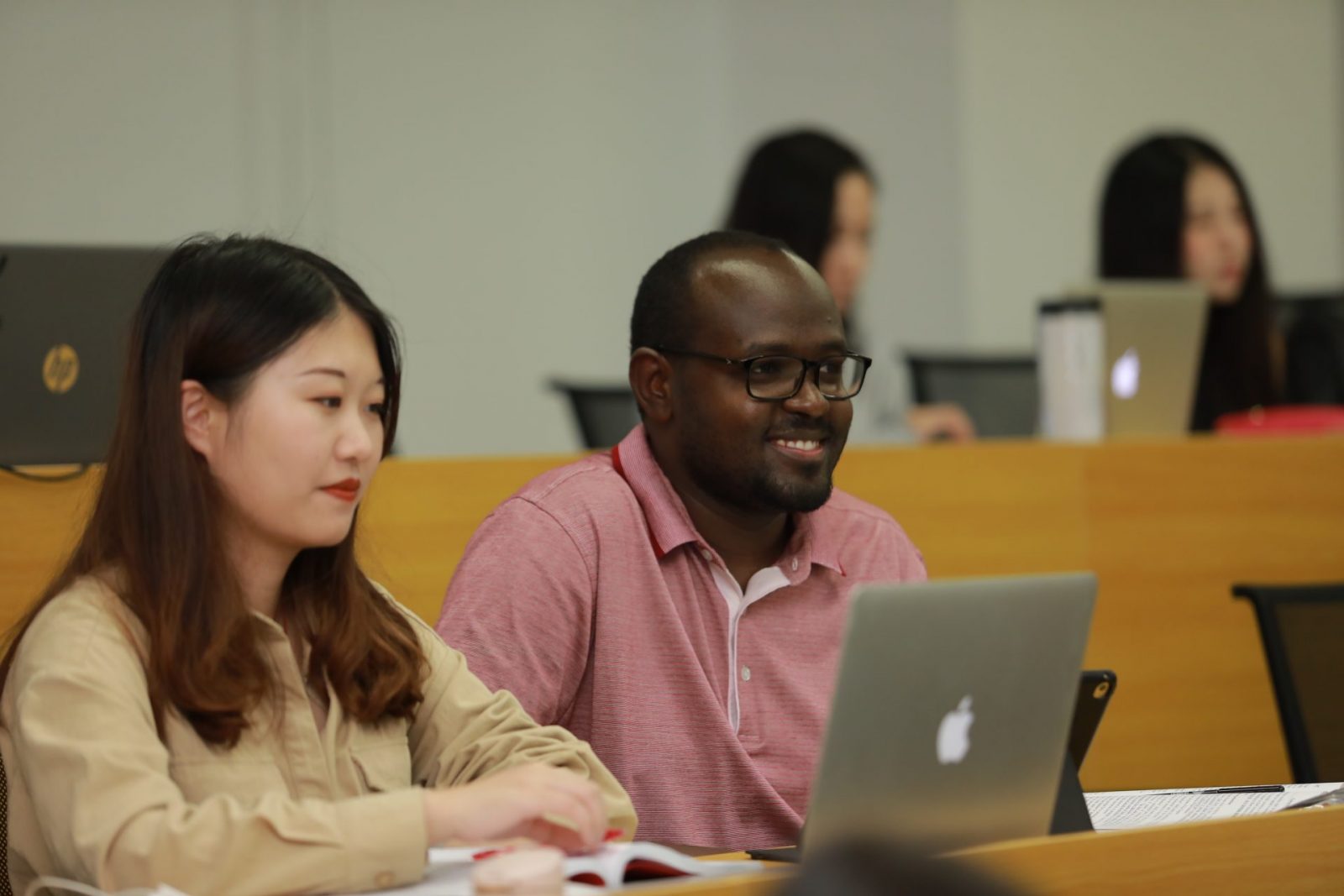
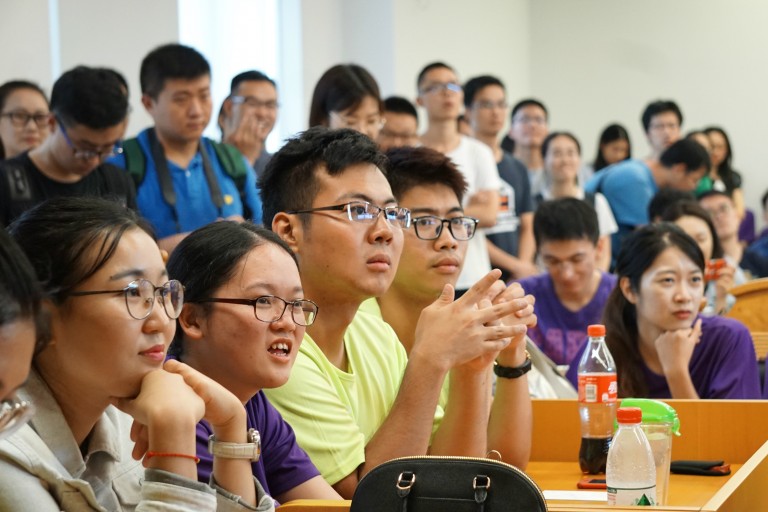
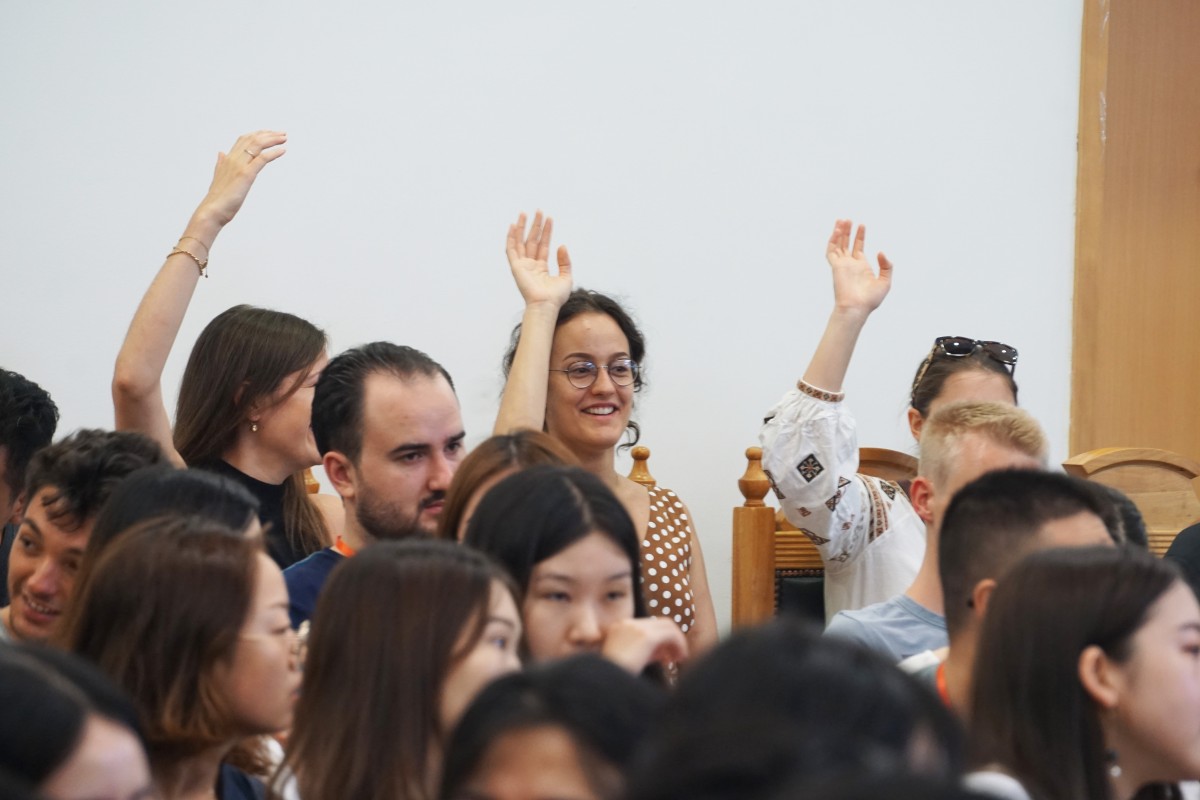
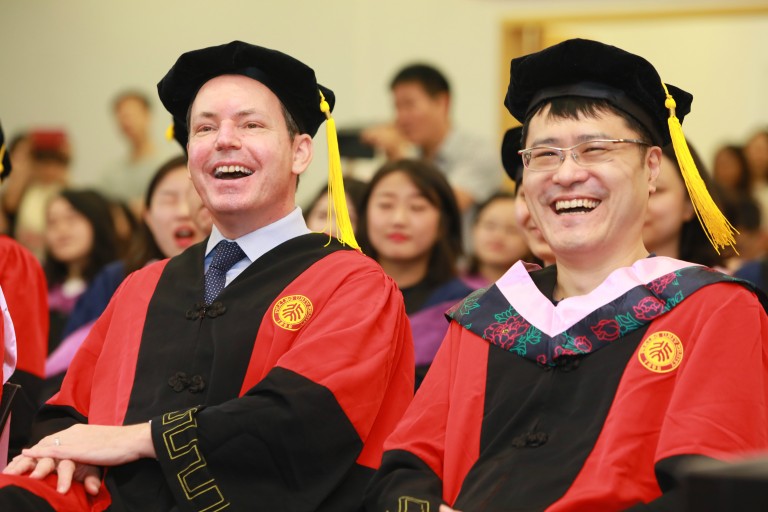
Career Expectation
STL equips students with deep knowledge and understanding of Chinese and Western legal, commercial and cultural traditions, knowledge that is essential for leadership in today’s inter-connected world and that is prized by the world’s leading law firms, companies, government offices, NGOs and universities
Although STL is still young, with only ten graduating classes to date, it already has captured the attention of the world’s leading law firms, companies, government offices, NGOs and universities. Post-graduate placement of STL graduates is nearly 100 percent. STL graduates now work with leading law firms such as Fangda Partners, King & Wood Mallesons, Junhe, Kirkland & Ellis, Shearman & Sterling, Paul Weiss, Simpson Thatcher, Cleary Gottlieb Steen & Hamilton, DLA Piper, Morrison & Foerster, and others; with leading companies such as Huawei Technologies, Tencent, Baidu, Walmart China, Ping An, General Electric, and others; and with leading government offices and nonprofit organizations such as the Qianhai Equity Exchange, the Supreme People’s Court, the South China International Economic and Trade Arbitration Commission, the United Nations Refugee Agency, CIETAC and others. STL graduates pursuing academic careers have been accepted into advanced degree programs at such elite universities as Harvard, Yale, Sciences Po, College of Europe and others.
Interactive Class
These employers and universities recognize that the true value of STL’s J.D. and J.M. degrees includes far more than simply educating students about the content of different areas of Chinese and American law. The true value lies in imparting the skills that make for great lawyers, jurists and leaders of any nationality: rigorous analytical thinking, the ability to see all sides of an issue, the ability to solve complex problems creatively, and the ability to persuade. STL students acquire these skills because of STL’s unique method of instruction: serious, reflective study of actual cases accompanied by intensely interactive class sessions in which professors question and challenge students, day after day, about the cases they read. The effect of this method becomes apparent to STL students:
“The study of American law is something new and unfamiliar to me, unlike any schooling I’ve ever been through before. The professors use the Socratic method here; they call on you, ask you a question, and you answer it. At first, I thought it was inefficient – why didn’t they just give a lecture? But I soon learned that it was not just an efficiency matter, but a way to educate yourself. Through professors’ questions, you learn to teach yourself. And through this method of questioning, answering, questioning, answering, they seek to develop in you the ability to analyze … the professors train the mind”.
“The most attractive part of STL for me is the teaching method, which is concentrated on motivated thinking instead of forced feeding. … Professors will not say yes or no to any answer; they ask students to think in wider and deeper ways.”
“The Socratic Method…left me with the deepest impression. I got a better understanding of the differences between STL and traditional Chinese law schools – initiative [and] critical thinking are greatly emphasized at STL. Although it is true that the four years of learning at STL will be challenging and demanding, [I have learned] that studying law can be interesting andthrilling.”
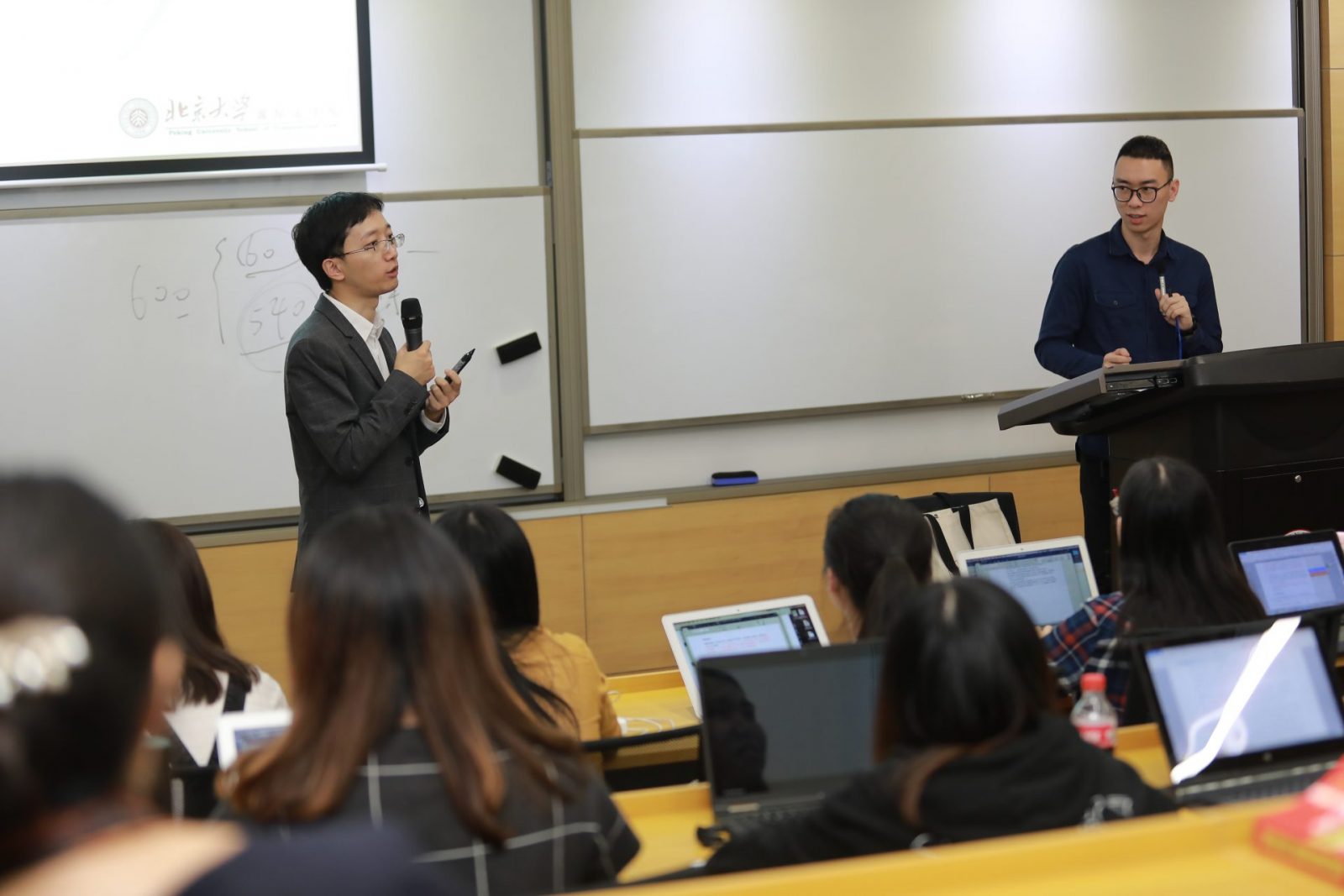
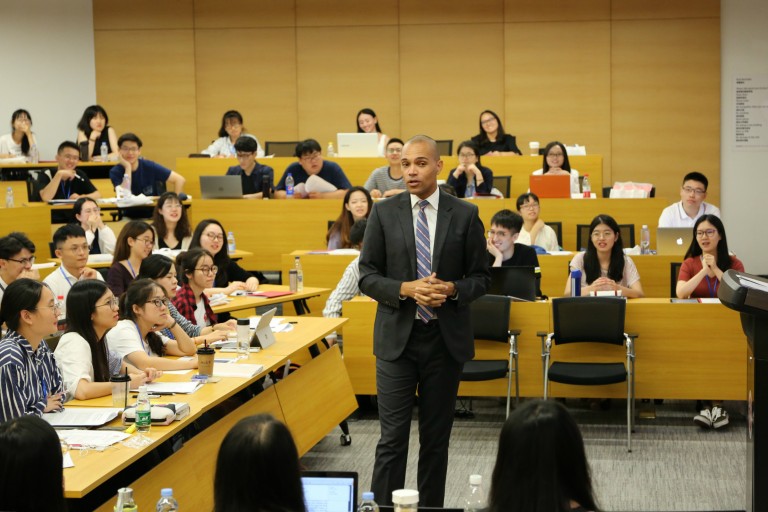
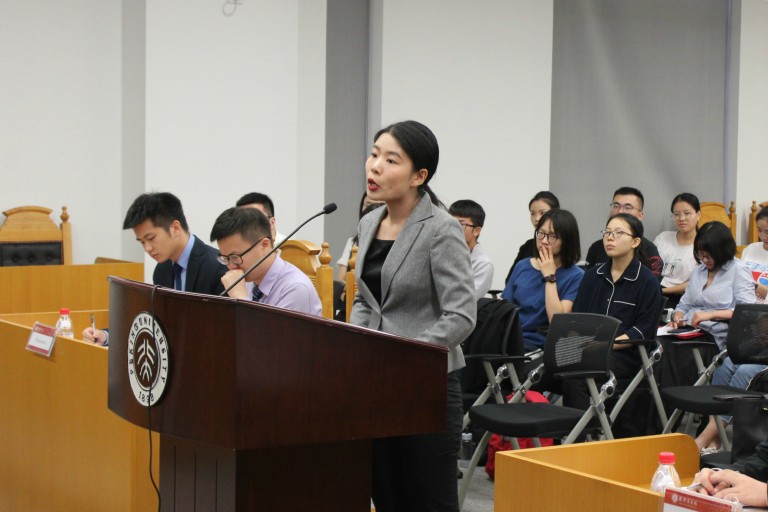
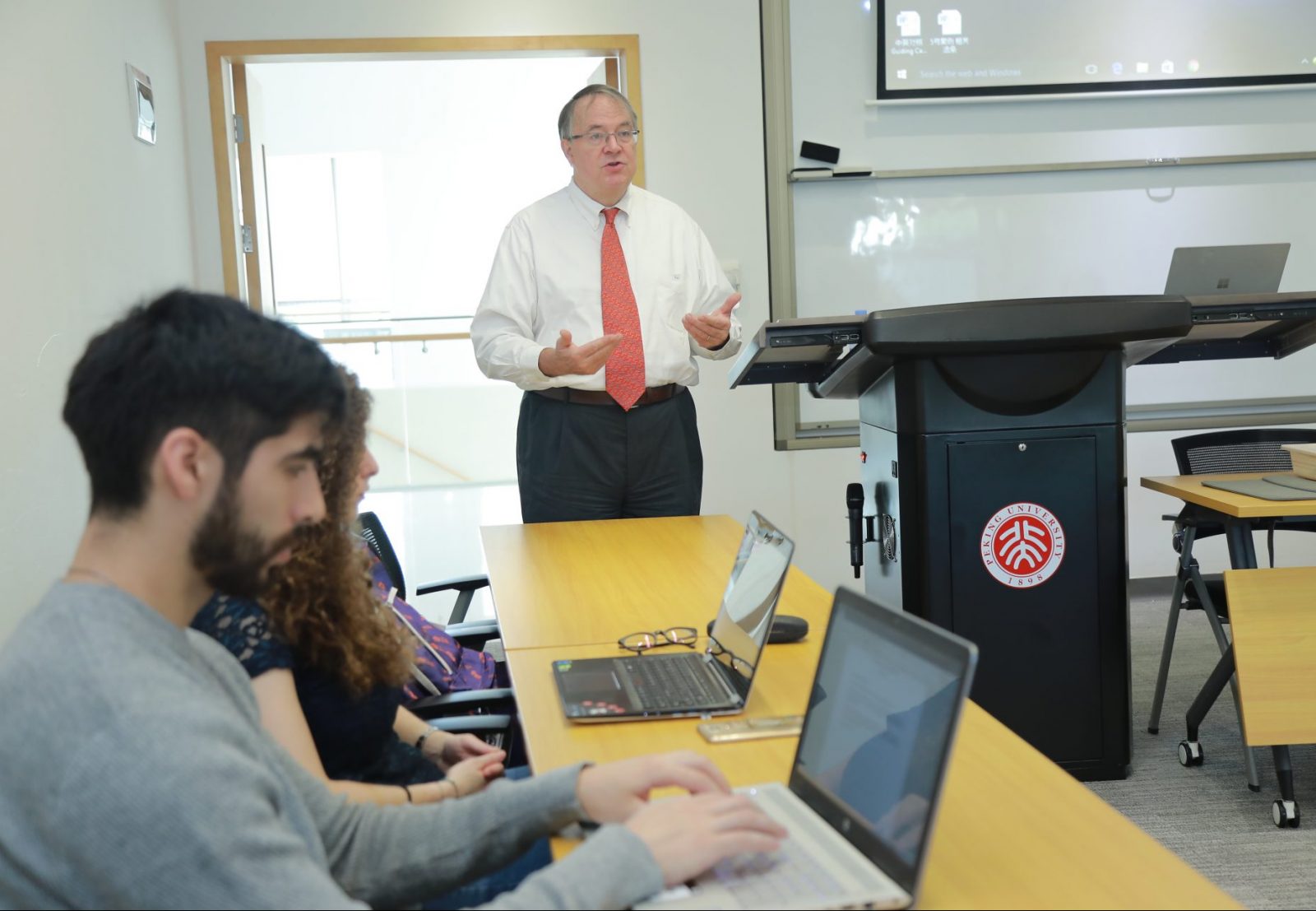

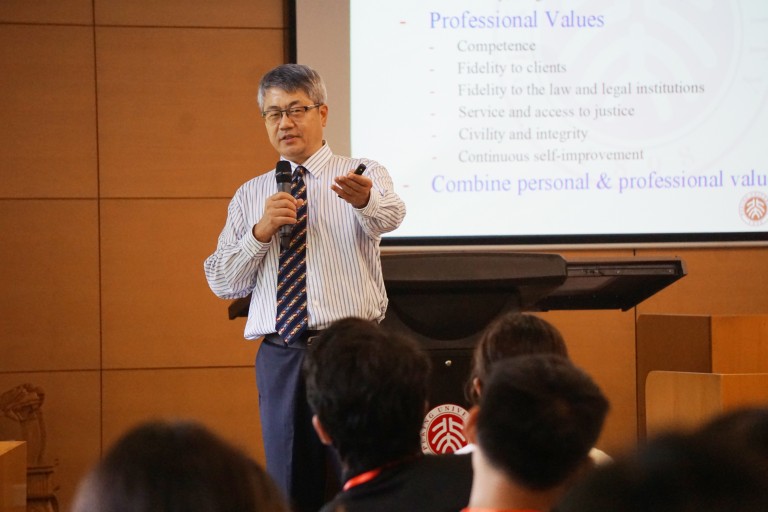
STL is not simply giving students insight about different areas of American, U.K., and E.U. law, but provides students with the skills that make for great lawyers and great judges and great leaders of any nationality. We look forward to your experiences in this rigorous journey and be ready to make a difference.


